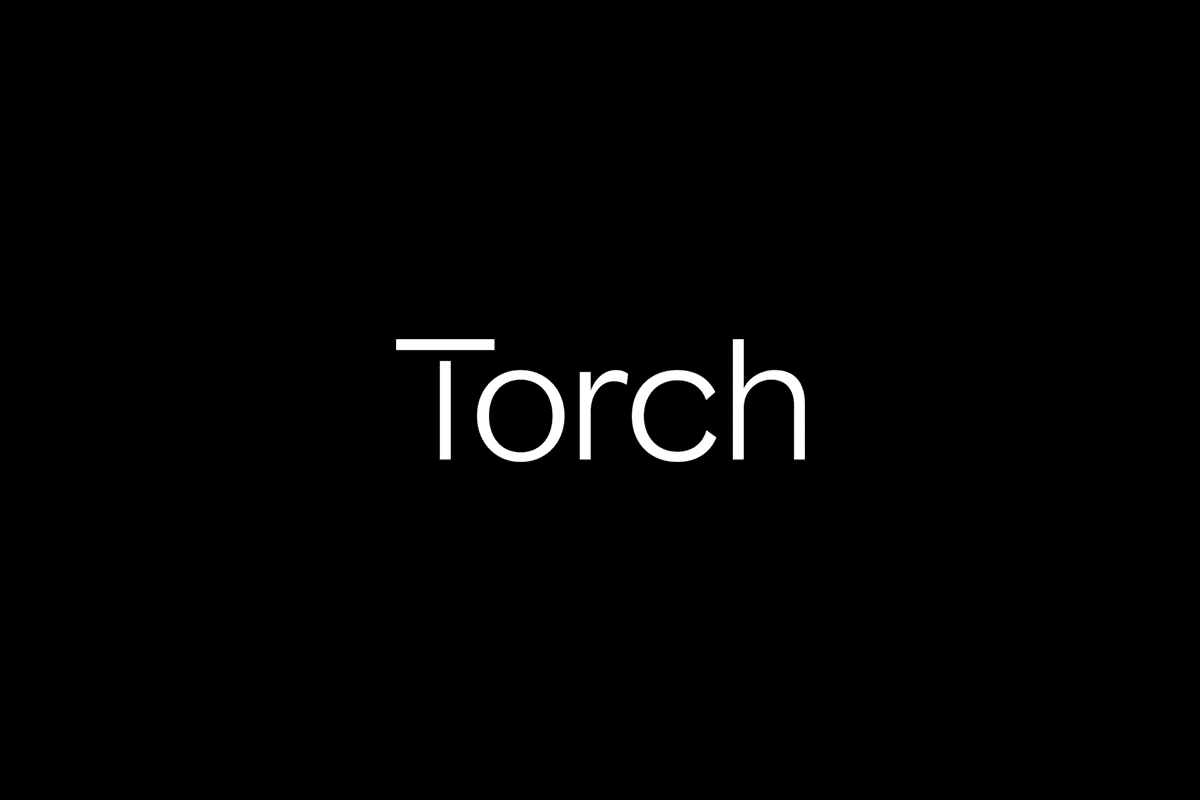
Below is a version of the letter we shared with our employees at Torch last week. Despite being co-founders of a leadership development company that prides itself on promoting growth and awareness, it is shameful and unacceptable that two men of privilege waited this long to write about confronting an inequitable system that we have long benefitted from. This deep irony is not lost on us. Keegan and my collective silence on issues related to social injustice is what allows the racial injustice of the past 400 years to continue unaddressed. It is wrong to leave the problem of social inequity to historically minoritized communities like Black Americans or LGBTQ people to withstand and overcome on their own. We must all confront problems such as systemic racism, transphobia, and heterosexism, even if we don’t think they directly affect us.
The murders of Ahmaud Arbery (February 23, 2020), Breonna Taylor (March 13, 2020), and George Floyd (May 25, 2020) are only three recent examples of the centuries long tradition of foundational violence towards Black, Indigenous, and People of Color in the United States. As co-founders, as U.S. citizens, and as human beings, we are saddened and enraged by these heinous acts. In this statement, we reflect on our privilege as men who are (or who are perceived as) White1, align our values around our shared intention to do more and do better, and commit to four specific actions that will help Torch, its employees, coaches, and mentors take practical steps toward a more just world.
Cameron’s Statement
I will not pretend to have the embodied experience of the devastation that systemic racism and White supremacy have had on racial minorities’ ability to thrive and live equitably. I was born to White parents in Louisiana, which was ground zero of the Transatlantic Slave trade in this country for many years. Based on my research, I’m fairly certain that some of my forefathers were owners of enslaved Africans. I’m absolutely certain they were racist people because I witnessed such talk as a child. The legacy of antebellum slavery lives on today. We live in a country that is greatly influenced by those who do vs. do not have investments in keeping systemic racism and White supremacy alive. The privileged class has operationalized racism in overt and subtle ways, not just in red states like Louisiana, but in blue states like California and New York. But more importantly, such hateful ideology informs our systems of government, finance, law, and education–systems that are the very fabric of our nation. Moreover, racism has become an operating system running silently in the minds of liberal White Americans like myself, leading to biases (both conscious and unconscious) that impact decisions about who to hire and fire, whose company to fund, and ultimately, who gets to participate in the American dream.
Keegan’s Statement
As a Biracial man with a White mother and a Black father, I have directly experienced racism only a handful of times. I inherited my mother’s pale freckled skin, my father’s afro, and also his male pattern baldness. Now that I’m in my mid-40s and shave my head, I appear to be White and people treat me accordingly. I can’t say the same for my five Black half siblings, or my Biracial adopted sibling, all of whom have had to grapple with racism more directly. I also fear for my 4-year-old Biracial son whose Black heritage is immediately visible. I worry that my Black and Biracial family members will be disadvantaged because of racist meanings applied to the color of their skin, and that they could be attacked or killed for living while Black. Of course, the threat of violence is only one segment of a long spectrum of inequity. People of Color are systematically robbed of educational resources, access to basic healthcare and nutrition, as well as a host of professional development opportunities that lead to financial stability and prosperity.
Our Shared Statement
As co-founders who are either White or White passing, it may seem convenient to take opposition against racism after tensions from racial injustice have boiled over. Why weren’t Keegan and I so concerned before Ahmaud Arbery was killed? The truth is, we had our heads down, hard at work helping leaders grow and develop, and it took the consecutive murders of three innocent Black people to stir us into action. It’s also true that we have benefitted from racist systems, and we have allowed these benefits (e.g., stable home lives, high quality education, access to venture capital, etc.) to silence us. Keegan and I need to do more. We need to do more for the Black man who can’t breathe, the Black woman who can’t get elected, our Torch colleagues who are impacted by systemic racism and White supremacy, and also for Black, Indigenous, and People of color whose businesses don’t receive the venture funding that ours has2. These injustices are missed opportunities for all of us. This is our collective loss and our collective problem.
The Torch Mission
Torch’s goal is to build great leadership in the world. Humanity faces a tremendous challenge in creating a socially just world. We need powerful people to address these problems and reinvent the USA. At our core, we utilize coaching, mentoring, and software to help people recognize and question their own assumptions. The most insidious assumptions are those that have been normalized. For White, financially stable men in positions of power like Keegan and I, it can be quite convenient to ignore them. It is uncomfortable to admit our collusion with systemic racism, and because being powerful is more comfortable than being vulnerable, most of us prefer to stay in a bubble of comfort until events around us burst that bubble.
Torch values accountability, both at a personal level, and for the whole. This means enacting structural policies and practices that help dismantle the current system and rebuild it so we can all thrive. We understand that systemic racism is just one of many systems of oppression that humans must struggle through, so we are committed to taking action that reflects inequities around gender, socio-economic class, ability, age, sexual orientation, citizenship status, etc. Specifically, Keegan and I commit to taking the actions below:
- Torch encourages every full-time employee to spend one business day per month engaging in social justice activity.
- Torch commits to build an internal community around social justice beyond employee resource groups and into the realm of paradigm shifts and structural changes. As employees start to make use of this program, participate in meaningful ways, and integrate those experiences, we will look for ways to embed this growth in our culture.
- Torch commits to appointing another Person of Color to its Board of Directors by 12/31/20.
- Torch is actively looking to partner with local (Bay Area; New York City; Buffalo, NY) non-profit organizations focused on social justice to provide pro bono coaching and mentoring services aimed at deconstructing systems of oppression. If you are a non-profit interested in partnering with us, contact us here.
When the media coverage subsides, when the protests fade, and when the USA moves its collective attention elsewhere, we will remain committed to dismantling systems of inequity. We don’t want to put our heads back down. We expect the work to continue and we want you to hold us accountable to this standard.
Sincerely,
Cameron Yarbrough, Co-Founder & CEO
Keegan Walden, Co-Founder & COO
We’re proud to announce our new course
Becoming an Anti-Racist Leader: Strategies and Action Steps for a More Inclusive Workplace
Led by Dr. Amie “Breeze” Harper, a leading expert on diversity, equity, and inclusion as well as Keegan Walden, Ph.D., Torch’s co-founder and leadership development expert, this 4-week course will instruct on incorporating anti-racism as a guiding principle in both in your personal development and within your organization.
1. Keegan is a bi-racial man with one White parent and one Black parent. He is “White passing” in that he passes for White and receives all the privileges accorded to White people.
2. Read this for more information on the effects of racism on minoritized founders.



